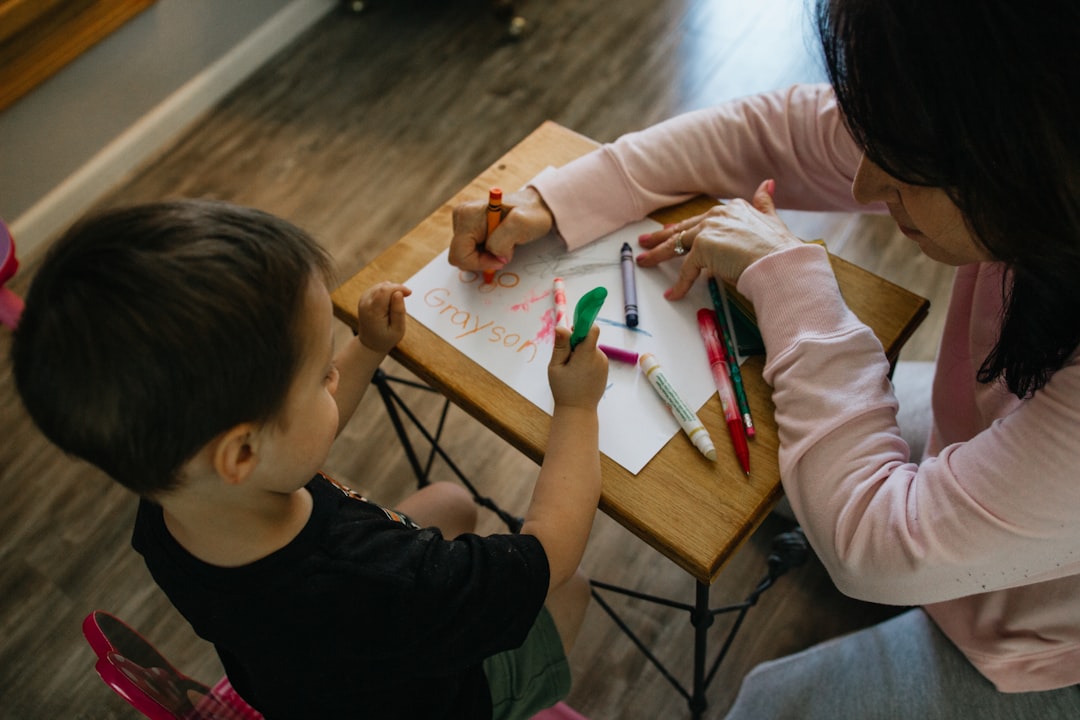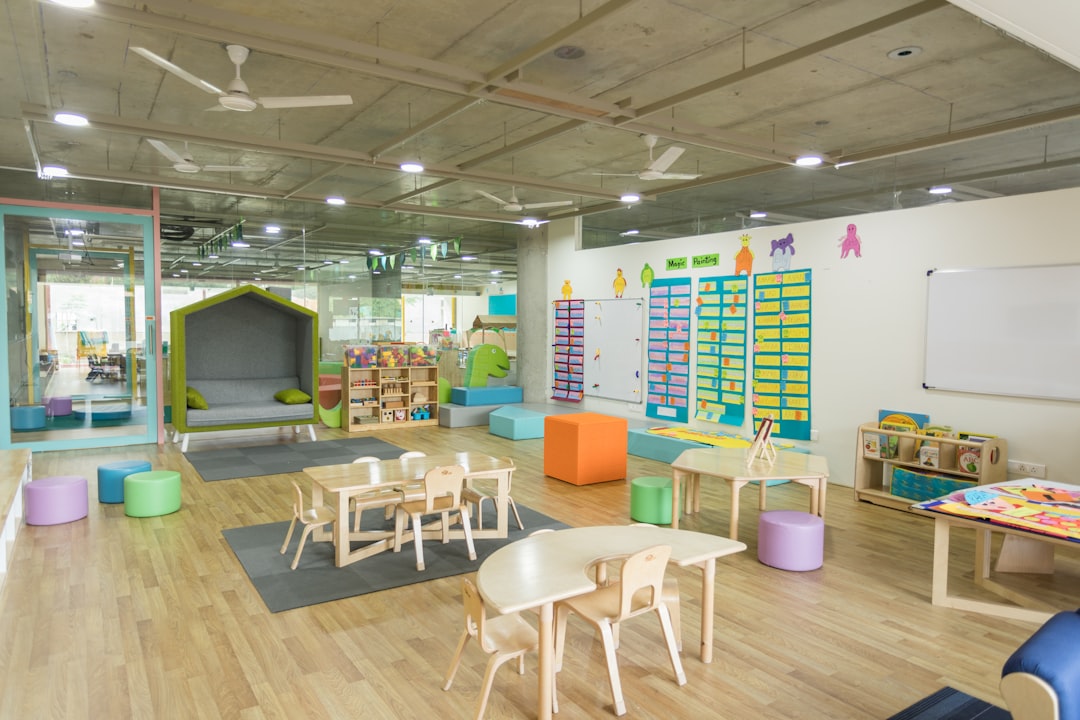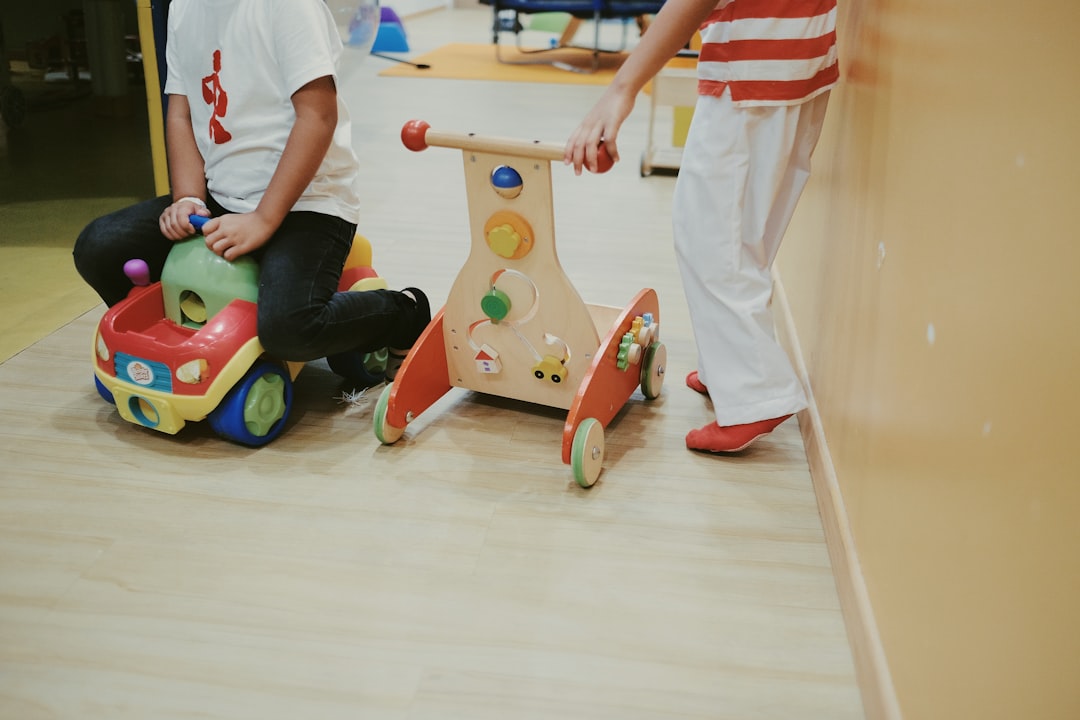“In Oregon, where families trust childcare providers to nurture their children, it’s paramount to be aware of potential dangers. A specialized daycare abuse lawyer in Oregon is crucial for navigating these complex cases, ensuring justice for victims. This article explores the multifaceted role of legal representation, from understanding red flags and recognizing rights to building strong cases and securing support. If you’ve been affected by daycare abuse, knowing your options and legal recourse is essential. Contact an experienced Oregon daycare abuse lawyer today.”
Understanding Daycare Abuse: Recognizing Red Flags and Legal Rights

Daycare abuse is a serious issue that can have lasting effects on children. As such, it’s crucial to recognize the red flags and understand one’s legal rights if involved in such cases. A daycare abuse lawyer Oregon families trust can provide invaluable guidance during these challenging times.
Red flags may include unexplained injuries, changes in behavior, or withdrawal from activities previously enjoyed. If a parent suspects any form of mistreatment, it’s essential to document incidents, gather evidence, and consult with a qualified attorney. Daycare abuse lawyers in Oregon are equipped to navigate complex legal systems and advocate for the rights of victims, ensuring justice is served.
The Role of an Oregon Lawyer in Navigating Complex Daycare Abuse Cases

In Oregon, a dedicated daycare abuse lawyer plays a pivotal role in advocating for victims and their families. These legal professionals are equipped to navigate the complex web of laws, regulations, and procedures surrounding daycare abuse cases. They possess the expertise to investigate incidents, gather evidence, and identify liable parties, be it negligent caregivers, facilities, or organizations.
A skilled Oregon daycare abuse lawyer ensures that victims’ rights are protected and that they receive the justice and compensation they deserve. They guide clients through every step of the legal process, from filing initial claims to representing them in court, fostering a safer environment for children in Oregon’s daycare centers.
Building a Solid Case: Evidence, Testimonies, and Legal Strategies

When building a case against a daycare center for abuse, a dedicated Oregon daycare abuse lawyer is crucial. The first step in this process involves gathering compelling evidence and testimonies that illustrate the harm inflicted upon the victim(s). This may include video footage, medical records, and detailed accounts from witnesses or other victims. Additionally, expert testimony from professionals like psychologists or pediatricians can help establish the severity of the abuse and its lasting impact on the child’s mental and physical health.
Legal strategies for daycare abuse cases often involve challenging the daycare’s policies and procedures, as well as investigating potential negligence on the part of staff members. A skilled lawyer will examine whether the facility followed state regulations regarding supervision, employee screening, and crisis management. They may also argue that the daycare failed to protect the child from foreseeable harm, employing legal precedents and case law to support their argument. This thorough approach ensures a solid foundation for the case, increasing the chances of achieving justice for the victim and their family.
Support and Compensation for Victims: Options and Resources Available

For victims of daycare abuse, seeking support and compensation is a crucial step in healing and ensuring justice. If you’ve been affected by such an incident in Oregon, connecting with a daycare abuse lawyer can open doors to various resources and options tailored to your unique situation. These legal professionals are equipped to guide victims through the complexities of personal injury law, helping them navigate the process of seeking compensation for their losses.
Oregon laws offer protections and remedies for individuals who have suffered harm due to negligence or intentional acts in daycare settings. A specialized lawyer can assist with filing claims against negligent facilities, care providers, or both. This may include pursuing monetary damages for medical expenses, emotional distress, pain and suffering, as well as any long-term disabilities resulting from the abuse. Additionally, they can help victims access support services, such as counseling and therapy, which are often essential components of the recovery process.





